For every ten adults in the world, four suffer from functional gastrointestinal disorders of varying severity. This is shown by a study done in 2020 by the scientist in University of Gothenburg scientists of more than 73,000 people in 33 countries.
With the rise in chronic gut health issues, Prebiotic Fiber along with probiotic strains has been given importance due to its powerful health benefits. Although all prebiotics are Fiber, not all Fiber is prebiotic.
The Good Gut bacteria or Healthy gut microbiota help ensures optimum utilization of nutrients from food. These helpful microorganisms help break down the food, generate nutrients , aids nutrient absorption & digestion, prevent inflammation and helps enhance immunity
But what keeps the gut bacteria in check? Who gets them to work for your body? It is the prebiotic Fiber.
Prebiotic Fibers are packed with numerous health benefits but are often overlooked or confused with probiotics. However, getting familiar with the link between gut bacteria and prebiotics and understanding its importance can significantly impact your body's health. Let's learn how.
What are Prebiotic Fibers?
Prebiotics are long chains or groups of carbohydrates or Fiber your body can't digest. These are basically called functional foods and promote the growth of healthy gut bacteria, ward off several diseases, and better immunity.
Examples of prebiotics include fructooligosaccharides (FOS), galactooligosaccharides, and inulin.
Prebiotics or prebiotic Fiber is commonly found in food items like: -
- Bananas
- Garlic
- Onions
- Artichokes
- Jerusalem
- Chicory root
- Apples, barley
- Beans
What is the Connection Between Gut Bacteria and Prebiotics?
The gut microbiota consists of several billion and trillions of bacterial cells that play a huge role in the healthy functioning of our body. For instance, it's the gut microbiota that helps keep your gut and thus your digestion and immune system healthy.
Now, prebiotic fibers are found in most plant-based foods that act as an excellent mode of nourishment for microbes. However, as the body can't break them down, the gut microbiota comes to function. When the indigestible fibers bypass through your small intestine and move towards the colon, the good bacteria turn the fibers into useful short-chain fatty acids and vitamins.
Do not confuse probiotics with prebiotics, as the former are live bacteria present in yogurt, and fermented foods like sauerkraut and kimchi, while the latter are mostly carbohydrates or fiber humans can't digest.
How are Prebiotic Fibers Good for Health?
1. Helps Improves Immunity
Fibers are an important part of your diet as they help maintain gut health and stimulate the immune system. Also, prebiotic fibers significantly reduce inflammation in the intestines and help in balancing the good and bad bacteria.
What's more, good gut bacteria help your immune system determine threats. So, with prebiotics, your gut will remain healthy, positively affecting and improving your immune health.
2. Suppresses Appetite
Prebiotic food items will make you feel full faster. That is because prebiotic fibers absorb water and the inflammation (swelling) from inside the stomach, making your body feel full. Thus, blocking the production of ghrelin (hunger hormone).
That means the more fibrous food you eat, the less space you will have for high caloric food in your stomach, leading to reduced cravings and suppressed appetite.
3. Helps in Weight Management
The use of prebiotic fiber has been shown to help with the absorption of intestinal fat. In addition, studies indicate that dysbiosis, a state of gut imbalance caused by the overpopulation of bad bacteria can contribute to obesity. Prebiotics have been proven to support good gut health to prevent dysbiosis.
Prebiotic fibers help in weight loss. The gut microbiota can sometimes be responsible for low-grade inflammation that can affect the metabolism of glucose and absorption of fats leading to type 2 diabetes and obesity.
However, prebiotics can help reduce low-grade inflammation, thus promoting weight loss.
4. Supports Bone Health
Prebiotics help in the absorption of crucial minerals like magnesium and calcium in the body needed for bone health, strength, and mineralization. Also, several studies prove prebiotic fibers have the potential to play a significant role in preventing osteoporosis, reducing the risk of bone fractures, and contributing toward mineral absorption and modulation of bone biomarkers.
5. Help Relieve Constipation
Prebiotics have been proven to help achieve regular, strain and pain-free bowel movements, and to reduce signs of gas and bloating. And because constipation can be a side effect of dysbiosis, taking prebiotic fibers to help rebalance your gut microbiome can help alleviate this digestive health issue.
6. May Prevent Colorectal Cancer
According to research, prebiotics may help in preventing colorectal cancer in humans. As prebiotics are indigestible, they can help in better bowel movements and functioning and metabolisms of the distal colon. Thus, preventing colon or colorectal cancer.
Several studies have shown a reduction in the biomarkers of colon cancer with the administration of prebiotics in the body.
Health note for the ones who have IBS (Irritable Bowel Syndrome), SIBO (Small Intestine Bacterial Overgrowth ) or sensitivity to FODMAPS (fermentable oligosaccharides, disaccharides, monosaccharides and polyols), you should consult with your doctor before adding prebiotic fiber into your diet.
Wondering how to incorporate prebiotic fiber in your daily diet? Here's What you Can Do
Because prebiotic fiber occurs naturally in a variety of foods like the ones we mentioned above, you could potentially get plenty of prebiotics from having a varied diet. However, research has already shown that less than 5% of people are meeting their daily fiber needs.
If you aren’t sure if you’re getting enough fiber in your diet, or are experiencing the signs or symptoms of poor gut health like gas, bloating, constipation etc., taking a prebiotic fiber supplement such as Daily Fiber can help you improve and maintain a healthy digestive system.
Why Daily Fiber is Best for you?
Daily Fiber is a scientifically formulated prebiotic supplement for both adults and kids. It comes with 17 organic superfoods providing you with the wonderful benefits of legumes, fruits, spices, and everything your body needs to fulfill its fiber requirement every day.
Daily Fiber is psyllium & gluten free and comes in delicious vanilla berry and pinacolada flavours. It is non-thickening, grit & sugarfree. Each serving will provide you with 7g of prebiotic fiber that will work on your immunity, appetite, weight, and digestive system.
In a nutshell, Daily Fiber is a superb supplement for enhanced immune and heart health that supports good gut bacteria and improves your cognitive, motor, and emotional behaviors.
Wrapping Up
People are getting more familiar with the importance of nutrition day by day. But there is still a lot of inflation that not a lot of people are familiar with, like the importance of prebiotics. However, as you are, it's time to incorporate prebiotics into your diet to ensure complete body health. And if you are a vegan and looking for a prebiotic supplement free from artificial sugars, Wellbeing Nutrition’s Daily Fiber is just what you need.
References
Schley PD, Field CJ. The immune-enhancing effects of dietary Fibers and prebiotics. Br J Nutr. 2002 May;87 Suppl 2:S221-30. doi: 10.1079/BJNBJN/2002541. PMID: 12088522. https://pubmed.ncbi.nlm.nih.gov/12088522/
Shreiner AB, Kao JY, Young VB. The gut microbiome in health and in disease. Curr Opin Gastroenterol. 2015 Jan;31(1):69-75. doi: 10.1097/MOG.0000000000000139. PMID: 25394236; PMCID: PMC4290017. https://www.ncbi.nlm.nih.gov/pmc/articles/PMC4290017/
Holscher HD. Dietary fiber and prebiotics and the gastrointestinal microbiota. Gut Microbes. 2017 Mar 4;8(2):172-184. doi: 10.1080/19490976.2017.1290756. Epub 2017 Feb 6. PMID: 28165863; PMCID: PMC5390821. https://www.ncbi.nlm.nih.gov/pmc/articles/PMC5390821/
Liong MT. Roles of probiotics and prebiotics in colon cancer prevention: Postulated mechanisms and in-vivo evidence. Int J Mol Sci. 2008 May;9(5):854-63. doi: 10.3390/ijms9050854. Epub 2008 May 20. PMID: 19325789; PMCID: PMC2635701. https://www.ncbi.nlm.nih.gov/pmc/articles/PMC2635701.
Cerdó T, García-Santos JA, G Bermúdez M, Campoy C. The Role of Probiotics and Prebiotics in the Prevention and Treatment of Obesity. Nutrients. 2019 Mar 15;11(3):635. doi: 10.3390/nu11030635. PMID: 30875987; PMCID: PMC6470608. https://www.ncbi.nlm.nih.gov/pmc/articles/PMC6470608/
Liong MT. Roles of probiotics and prebiotics in colon cancer prevention: Postulated mechanisms and in-vivo evidence. Int J Mol Sci. 2008 May;9(5):854-63. doi: 10.3390/ijms9050854. Epub 2008 May 20. PMID: 19325789; PMCID: PMC2635701. https://www.ncbi.nlm.nih.gov/pmc/articles/PMC2635701/
McCabe L, Britton RA, Parameswaran N. Prebiotic and Probiotic Regulation of Bone Health: Role of the Intestine and its Microbiome. Curr Osteoporos Rep. 2015 Dec;13(6):363-71. doi: 10.1007/s11914-015-0292-x. PMID: 26419466; PMCID: PMC4623939. https://www.ncbi.nlm.nih.gov/pmc/articles/PMC4623939/














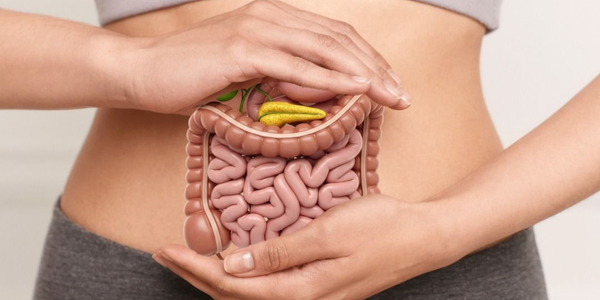

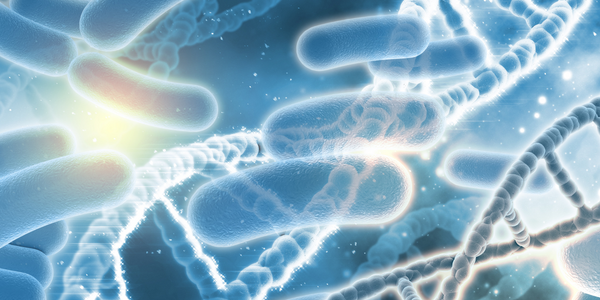

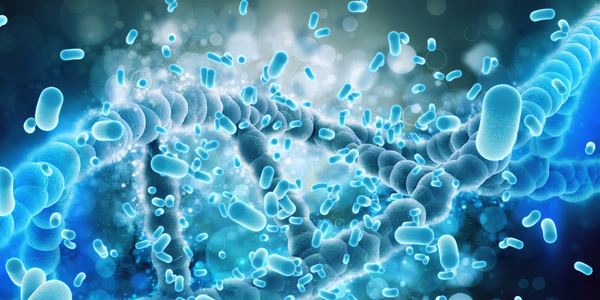
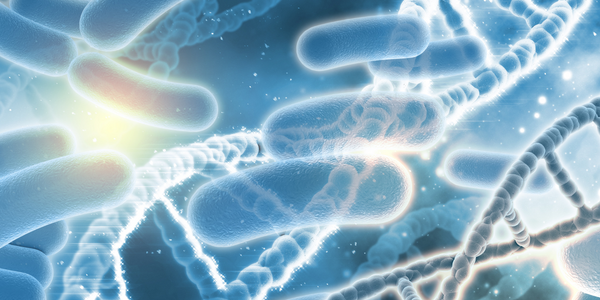
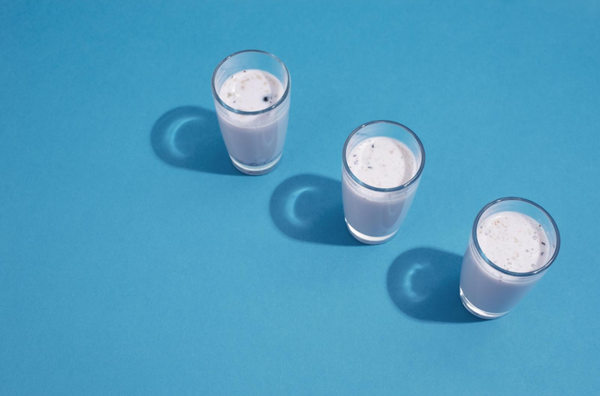






 DOWNLOAD NOW
DOWNLOAD NOW

Leave a comment